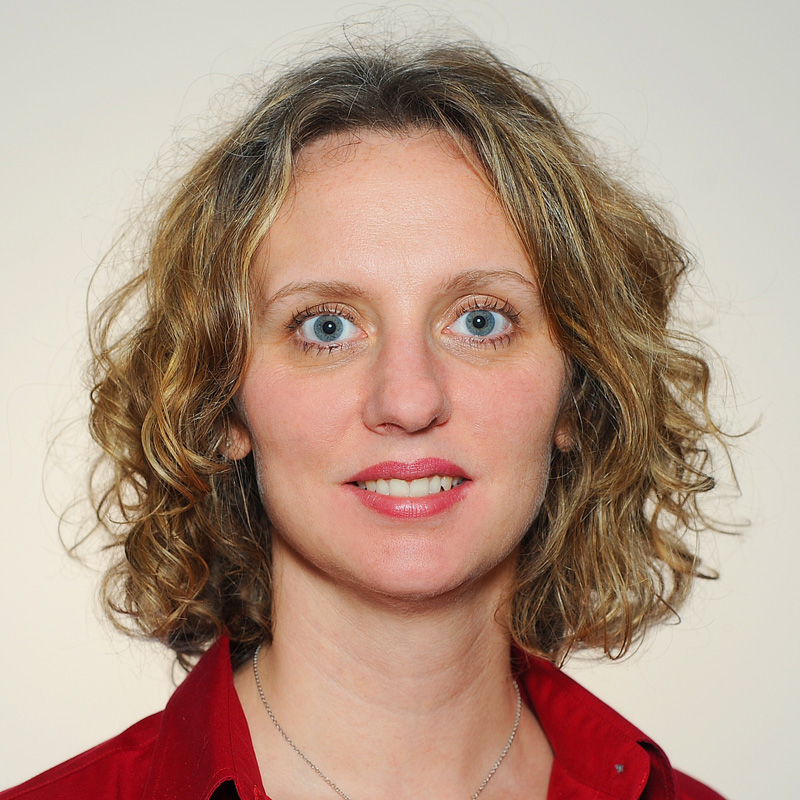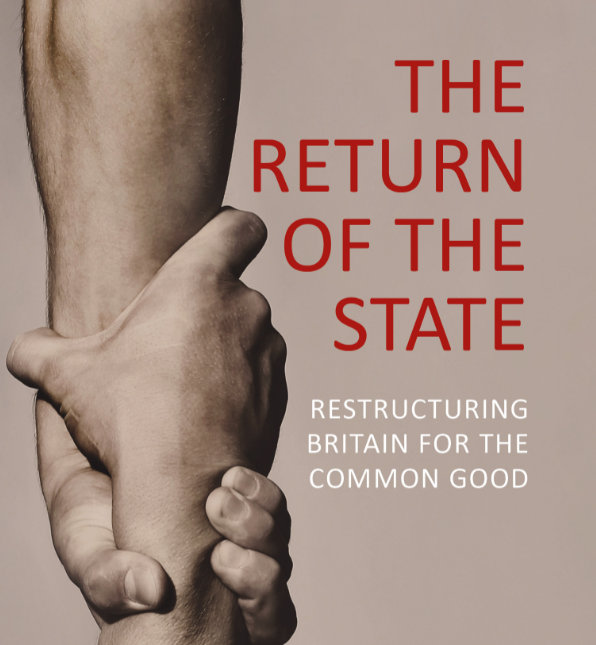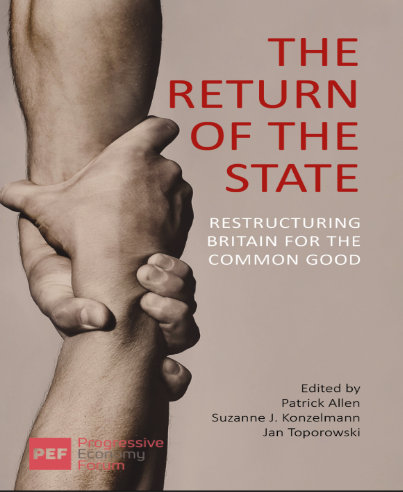PEF council member, Johnna Montgomerie, hosts the digital symposium and KCL’s Politics of Inequality Working Group podcast: Inequality – The Issue of Our Time.
The digital symposium was produced throughout the pandemic ‘lockdowns’ as they rolled across the globe in 2020-2021, the purpose was to speak across the silos of academic disciplines to ask what is the state of the art in terms of what is known about inequality? Why is knowing about inequality important? The purpose was to connect academic research to practical, inclusive and innovative solutions to inequality because it is the issue of our time. The Progressive Economy Forum was featured in podcast discussions of the edit collection, The Return of the State: Restructuring Britain for the Common Good (Agenda Press: 2019), by Patrick Allen, Sue Konzelmann, and Jan Toporowski, and Coordinator, James Meadway, contributes to the debates throughout.
Progressive economic ideas thinks about inequality through the lens of distribution, rather than scarcity. When we think about what is just, we think about who gets what. A distributive paradigm looks at wealth and income levels, material goods and social position to evaluate the wellbeing of society. The term inequality measures the separations between groups within society, either at the national or global level, and asks whether these distributions are just. The digital symposium was a series of dialogues seeking to advance our thinking about what creates inequality as well as our considerations of how inequity touches our lives in really meaningful ways.
PEF Coordinator, Dr James Meadway draws out the distributive paradigm driving contemporary inequality via Piketty’s thesis, ‘when returns to capital from wealth surpass those from employment, income inequality worsens’ – in order to connect economic ideas to the practical reality. Specifically, that the wealthiest 1% of people globally produce the same emissions as the poorest in the bottom half, over 3 billion people. Thomas Piketty ‘Capital in the Twenty-First Century’ featured prominently in the dialogue because, as Paul Krugman articulated Piketty’s thesis changed the way economists in particular think and talk about wealth and inequality. This very point is discussed with Professor Mike Savage, from the LSE’s International Inequalities Institute, as his newest book, ‘The Return of Inequality’, is considered the sociological reply to the Parisian economist. Savage calls for more iconoclastic thinking around inequality, a recognition that inheritance (via state tax policies tax income compared to wealth) isn’t just about passing on economic resources, but passing on cultural capacities. In recognising this, the true legacies of capitalism can be articulated. Indeed, colonialism is central to configuring global inequality – the historical geographies that inform global hierarchies of states by wealth and GPD. In national domestic economies income and wealth inequality connect to systems of race, gender and class as social stratifications. Combining understandings of the weight of history, with the economic frames of income and wealth, reveals the conditions that create and reproduce inequality between groups.
The role of the state in generating, perpetuating and/or addressing inequality is discussed in terms of how economic ideas are applied in the exercise of public policy. This is the context, the dialogue asked if we change how we think and talk about inequality, what really changes? We can understand inequality in all its guises, we can measure it in all kinds of different ways, we can agree, it’s an urgent economic and social policy, but nothing changes if this knowledge is not put to good use. Fatalism is not an option. We are social beings, the greatest problem solvers on the planet (according to David Attenborough), and we can build a better, more sustainable and equitable way of living. For practical solutions, there are plenty of examples of when inequality was not just a social problem, this suggests that changes in economic ideas that inform public policies can lead to improvement or worsening of inequality. Having established that inequality is not just a personal experience of extreme poverty or exorbitant wealth, we consider how widening inequality impacts political stability and social cohesion.
The Return of the State, is featured in the symposium discussion on how what starts in the economy as income and wealth inequality radiates outward through society and politics in ways that generate polarization. What effect does inequality have on the balance between the state, the market and society? In turn, what effect can social democracy have on addressing inequality? The discussion begins with a need to stop talking about equality as a playing field. When policy makers frame inequality in this way, they are putting people on opposing teams to compete in a winner takes all game of life. Imagine how much life would improve if governments framed equity as a ‘common good’ or a resource for society to draw on, providing widespread prosperity and cohesion rather than individual gains and division. Where ideas lead, practical solutions follow – so we must change how we think and talk about inequality, the issue of our time.
PEF Council member, Sue Konzelmann contributes to the symposium by articulating how insecurity-cycles are engrained in economic policies that generate worsening inequality. She explains how historically and geographically different economic policy regimes inform distributive paradigms (who gets’ what) which either worsen or improve inequality. Economic ideas are central to understanding why inequality exists where it does, but also points to what policy levers to pull to promote greater equity in society. Throughout the dialogues the tension between seeing inequality as systemic, rather than an individual or personal (moral) failing, is why the state via public policies is so important in shaping inequality. For instance, the role of the state is seen as central to how finance shapes contemporary inequality. This point is expressed clearly in Lisa Adkins, and Martjin Konings contribution to the dialogue in their discussion of their new book, ‘The Asset Economy’, which articulate how the foundational shift in center of gravity capitalism from a commodities-based economy to an asset-based economy creates a system of ‘lock-in’ via residential housing, which is a key aspect of inequality in urban centers across the globe. In the Asset economy, wealth is accumulated because asset prices increase at a faster rate than wages and consumer prices – having family wealth or inheritance have become more important than income in contributing to financial security through asset ownership.
PEF Council member, Jan Toporowski, contributes to the dialogues with key reflections on the systems of oppression that underpin asset, income and wealth inequality. Looking historically at industrial feudalism and contemporary financialized capitalism and how these epochs shape the intimacies of life – not simply as labour but also in terms of age, race, gender, and where you live. He articulates the key points where economics meets social configurations of oppression by excluding groups from wealth accumulation via barriers to accessing employment and finance, which are the only routes to holding assets, besides inheritance of course. This reflection summarizes the arc of the dialogue on key fault lines of inequality. For instance, the transformation of residential housing as the site where employment, debt and assets come together and appear in everyday life. The home evolved from a place where people live, into an asset, and then to an asset in which capital gains are expected. Housing has been promoted by governments as a form of welfare, a way of providing for one’s own security and that of your family, central to the narrative of self-reliance above state provision. Mehrsa Baradaran, ‘The Color of Money’ examines how marginalised groups are adversely incorporated into the financial system: “Just as exploitative credit arrangements, like sharecropping were created because of the demand for worldwide cotton, subprime lending was connected to the worldwide demand for mortgage loans. Global capital markets found yield in the cotton produced by sharecroppers and in the interest paid by subprime borrowers. That the black community was exploited in both situations speaks to their lack of wealth, political power and their exclusion from the main channels of financial power.” Having to access financial markets in order to access the basic provisions of life, like housing, is deeply entangled with the discrimination of historically marginalized groups in society. Interestingly, in addition to racial inequalities, this dynamic can also be seen in age-cohorts. For young people, access to family wealth they can use for a down payment on a property gives them a decisive advantage over those without, even if they earn more money. What becomes clear is that whether an asset or a debt, it is the deeper integration of finance into everyday life that shapes the fortunes and misfortunes of society.
In conclusion, many people already recognize inequities in everyday life whether as categories of inequality, such as being poor, experiencing racial or gender discrimination, also inequity can be seen in the differential experiences of climate breakdown or the historical geographies of colonialism. Those least responsible for society’s ills are suffering disproportionately, breeding further division in society. This podcast miniseries articulates why inequality is one of the greatest challenges facing humanity in the 21st century – it erodes prosperity and destabilises society. Inequality is another word for the serious, deeply unjust, social challenges facing human society which are systemic, woven into the very fabric of daily life. Progressive economics provides a set of economic ideas that can bring greater cohesion to solve collective problems, whether inequality, climate change or the threat of a viral pandemic.




